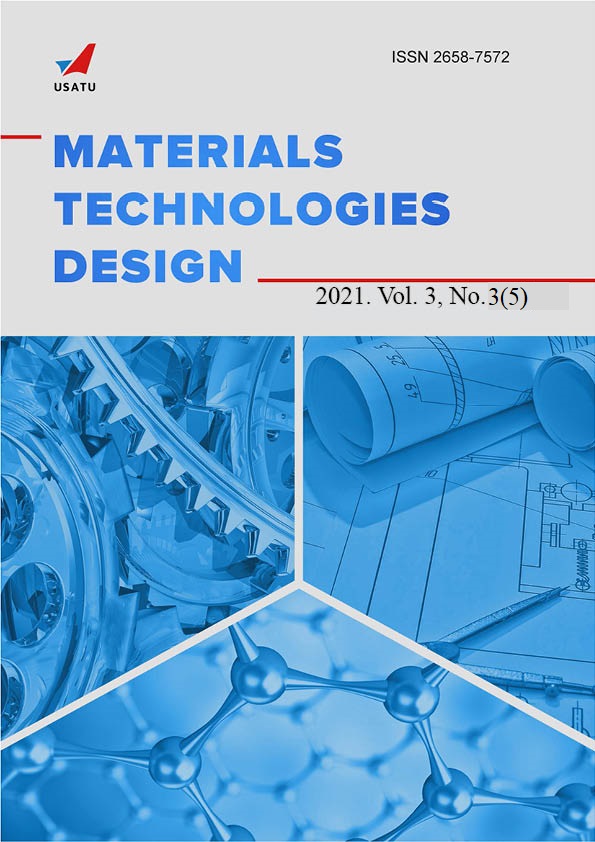Biocompatibility and cytotoxicity in vitro of the alloy Mg-1.03%Zn-0.66%Ca strengthened by rotary swaging
DOI:
https://doi.org/10.54708/26587572_2021_33556Keywords:
Magnesium alloys; rotary forging; mechanical characteristics; degradation; in vitro biocompatibility; in vitro cytotoxicity.Abstract
It was shown that rotary forging (RF) of the Mg-1.03%Zn-0.66%Ca alloy leads to a decrease in the average grain size to 4.5±1.2 ?m and the precipitation of Mg2Ca particles with a size of ~300 nm and Mg6Zn3Ca2 particles with a size of ~100 nm. The formation of such a microstructure led to a pronounced hardening (the ultimate strength increased to 276±6 MPa) without a significant decrease in ductility. In addition, RF led to an increase in the fatigue limit of the alloy from 120 to 135 MPa and did not worsen its resistance to chemical corrosion. In vitro studies have shown that the alloy induces hemolysis without suppressing the viability of leukocytes and has a more pronounced cytotoxic effect on tumor cells as compared to untransformed MMSCs. There was no significant difference in the latter effect between the initial and deformed states.Downloads
Published
2021-23-09
How to Cite
Martynenko Н. С., Anisimova Н. Ю., Kiselevskiy M. В., Tabachkova Н. Ю., Temralieva Д. Р., Prosvirnin Д. В., Koltygin А. В., Belov В. Д., Morozov M. М., Yusupov В. С., Dobatkin С. В., & Estrin Ю. З. (2021). Biocompatibility and cytotoxicity in vitro of the alloy Mg-1.03%Zn-0.66%Ca strengthened by rotary swaging. Materials. Technologies. Design., 3(3(5), 56–62. https://doi.org/10.54708/26587572_2021_33556
Issue
Section
Articles

